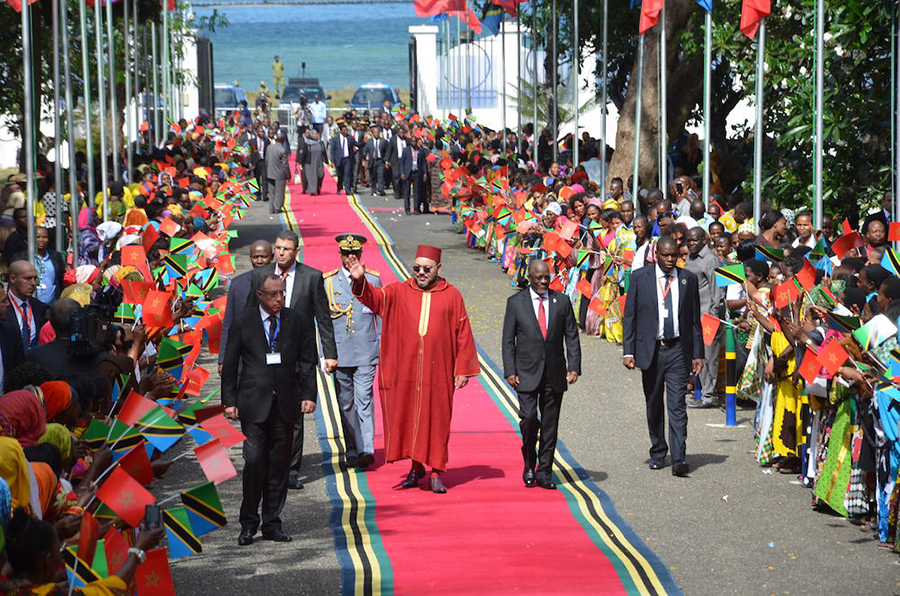Morocco has the particularity of being a melting pot that has always inspired Ulema in sub-Saharan Africa, said regional director of the Think Tank Timbuktu Institute - African Center for Peace Studies in Senegal, Bakary Sambe.
In a statement to MAP on the sidelines of a meeting-debate on the interaction between Islam and African societies, held this week in Salé, Sambe, who is also the author of the book "Le Maroc Africain: Trajectoires d'une Ambition Continentale" (January 2024), noted that the Kingdom is today "the typical example of this synthesis between sub-Saharan Africa and the Maghreb, with an assumed Africanness".
Highlighting the density and richness of the interactions that have long united the city of Fez with other African cities such as Timbuktu (Mali) and Ouadane (Mauritania), the Senegalese academic and expert explained that there has always been a tradition of exchange between the Ulema of sub-Saharan Africa and those of Morocco.
As an example of this centuries-old relationship, Sambe cited, among others, the settlement in Marrakech of the Malian theologian Ahmed Baba, who had come from Timbuktu during the time of Cadi Ayyad.
"Morocco is deeply attached to its Africanness, and its relations with the rest of Africa are built on a very important human dimension," he said, noting that the Kingdom has a long-standing tradition of sharing with sub-Saharan African countries.
"If we revisit Morocco's history, we realize that the desert has never been an insurmountable barrier, but a veritable inland sea that has always invited people to cross from one shore to the other," he added, noting that the Kingdom has played an important role in the transmission of knowledge across the Sahara.
This is manifested today in a spiritual dimension with the Tariqa Tijaniyyah, but also with "the leading role" played by Morocco in a general context marked by the rise of extremism, he stressed.
In this respect, he noted the relevance of the Moroccan Islamic model, characterized by the choice of Sunni Sufism, the Malekit rite and the Ashaarit doctrine, in helping to prevent and combat this scourge, as well as resolving the problems associated with radicalization.
He concluded that this model makes Morocco "the most influential country" in sub-Saharan Africa.






